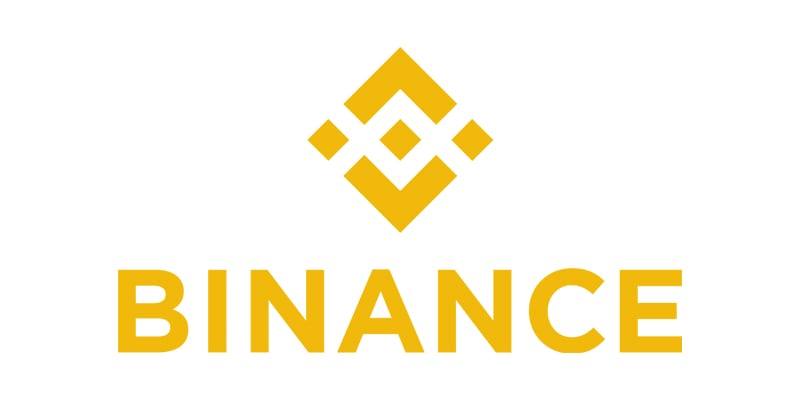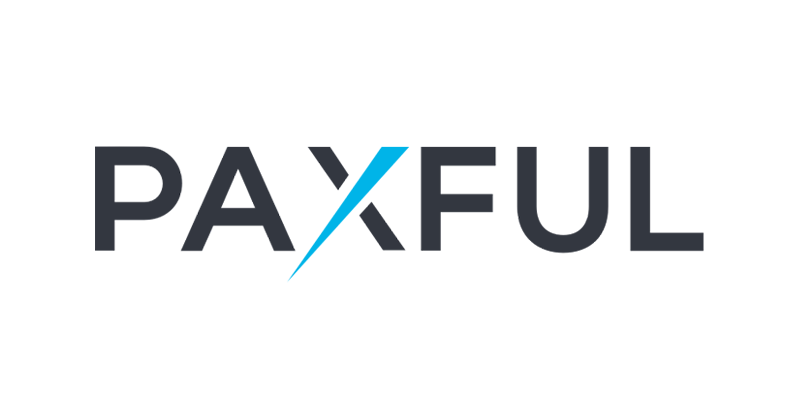
REGULATIONS FOR CRYPTOCURRENCY EXCHANGES IN THE USA

Since the launch of the Bitcoin blockchain in 2009, cryptocurrency regulation has evolved dramatically. The first cryptocurrency exchange, now defunct BitcoinMarket.com, debuted in 2010, followed by the now-famous Mt. Gox trading platform.
The cryptocurrency trading ecosystem has progressed from a largely unregulated "wild west" in which anyone could trade cryptocurrency without providing identity information to a highly regulated financial market governed by KYC and AML requirements for the majority of major exchanges.
While increased regulation has enabled crypto exchanges to provide higher levels of security and reliability, strict regulatory requirements have created a fractured trading ecosystem in which exchange availability is divided by geographic location and jurisdiction.
If you're looking for a list of the best cryptocurrency exchanges in the world, check out our Best Crypto Exchanges guide. If you live in the United States, keep reading because the best cryptocurrency exchanges for US traders are a little different.
If you're interested in using a cryptocurrency exchange, you may be wondering about the regulations governing them in the USA. The Office of the Comptroller of Currency is responsible for implementing a comprehensive licensing program for cryptocurrency exchanges in the country. In this article, we'll discuss the regulations for the largest and safest exchanges, as well as what you should expect when you sign up.
Despite recent success in crypto trading, the US Treasury has highlighted the need for further regulation to combat global and domestic criminal activities. FinCEN, the financial regulator, recently proposed a new rule that would require cryptocurrency exchanges and wallets to collect data on users and transactions. These regulations would be implemented by fall 2022 and require exchanges to report suspicious activity on transactions worth over $10,000. The new rule also requires exchanges to identify wallet owners who send more than $3,000 in a single transaction.
The federal government has made it clear that cryptocurrency exchanges are considered a payment transmitters and financial institution and are subject to the same federal and state regulations as other financial institutions. As such, exchanges must implement anti-money laundering and Know-Your-Customer programs and report pertinent information to regulators. In addition, they must also obtain licensing from the Financial Crimes Enforcement Network and from the states in which they operate.
What To Consider When Choosing a US Crypto Exchange
When selecting the right crypto exchange, there are a number of standard factors to consider, such as the level of identification documentation required to sign up, trade limits, currency support, and trading fees.When evaluating a US-compliant crypto exchange, consider the following factors:
Compliance with Regulations
Trading cryptocurrency in the United States entails trading on an exchange that adheres to US cryptocurrency regulations.
Identification Requirements
Many cryptocurrency exchanges in the United States will require more identification documentation, such as proof of address, than their international counterparts.
Support for Fiat Currency
Some crypto exchanges do not accept fiat currency, which reduces the amount of identity information required to open an account. If you intend to trade cryptocurrency for USD, you must ensure that the exchange you use supports USD fiat.
Safest cryptocurrency exchanges
While it's true that there are no 100% secure cryptocurrency exchanges, the United States offers a variety of options. While the best option for newcomers to crypto investing is Coinbase, it's also one of the most expensive. However, if you're looking for an exchange that offers both credit cards and debit cards, this is the place to start. Binance offers an easy-to-use investment platform and supports instant purchases of crypto using your debit or credit card.
To register for an account with a crypto exchange, you will need to provide a valid email address, verify your email address, and upload a government-issued photo ID. Some exchanges may require your full name, home address, mobile phone number, and other personal information. Some may require a digital copy of your passport or other proof of address. If you are not sure whether you can supply these documents, you should contact a financial adviser to find out the details of the exchange you're interested in.
Largest cryptocurrency exchanges
There are dozens of cryptocurrency exchanges in the US, but you can find one in your state only if it is regulated. Regardless of which country you live in, you should choose one with strong security measures. It's important to know that these exchanges are often targeted by hackers. Therefore, you'll need to check out their website to ensure their authenticity. However, even if you live in the USA, you should find a regulated exchange that allows you to withdraw USD to your bank account.
Coinbase: Coinbase is one of the largest cryptocurrency exchanges in the USA. It supports over 160 cryptocurrencies and is the largest exchange by volume. It has over 68 million registered users. Its user-friendly platform makes it easy to sign up and deposit funds. Coinbase also offers crime insurance cover against cybersecurity breaches. While its fees are slightly higher than those of other exchanges, you will feel safe with the ease of use and security of Coinbase.
Requirements for signing up
Before buying or selling crypto in the USA, you must first sign up with a cryptocurrency exchange broker. To protect your personal information and meet federal regulations, you need to verify your identity before buying or selling cryptocurrency. To do so, some exchanges will require photo identification and a selfie. If you're unsure how to get your identity verified, you can read about it below. Listed below are some other important requirements of cryptocurrency exchange brokers in the USA.
In order to register for an Intermediate or Pro account, you will need a valid ID, address proof, and a face photo. Some exchanges also require you to read a disclaimer on their web page or mobile app. Binance is the world's largest cryptocurrency exchange, based on trading volume. In order to sign up, you will need to provide personal information such as your name, date of birth, and nationality. The maximum lifetime limit for an Intermediate or Pro account is USD $300.
Fees
Before you start trading in cryptocurrencies, you should understand the fees and transaction options of a cryptocurrency exchange. Each exchange has different deposit and withdrawal limits, as well as verification and payment options. It is essential to compare these fees so you can avoid being scammed. Listed below are some common cryptocurrency exchanges in the USA. For more information, read our cryptocurrency trading guide. This article will provide you with the most important information you need to know about these exchanges.
The first thing you should know about these fees is the length of membership. You should know that some exchanges charge lower fees for new customers or those who have their own native currency. Likewise, if you want to withdraw your profits, you will have to pay withdrawal fees. This fee is usually combined with your trading fees. This is why it is important to choose an exchange that has lower fees. The longer you stay, the more you will benefit from their services.
Methods of deposit and withdrawal
ACH deposits and withdrawals are possible. Credit and debit card purchases are subject to an additional 3.99 percent fee, while wire transfer withdrawals are subject to a $10 fee.
Cryptocurrencies that are supported
Binance accepts 30+ cryptocurrencies, including BTC, ETH, DASH, EOS, LINK, XRP, and many others. Tether, on the other hand, is not supported by Binance; instead, US Coinbase users are given USDC as a USD-pegged stablecoin.
Why Are Some Crypto Exchanges Not Available in the United States?
The United States places significant regulatory pressure on cryptocurrency exchanges, making it difficult for US-based crypto traders to determine which trading platforms are appropriate for their needs. In the United States, cryptocurrency exchanges are regulated by the Commodity Futures Trading Commission (CFTC), which enforces various anti-money laundering programs and requirements, FinCEN regulation, and other rules and regulations from various governments agencies.
Cryptocurrency exchanges operating in New York State, for example, are classified as money transmission services, necessitating the acquisition of special licensing. Many cryptocurrency exchanges that allow users to transact in crypto assets that are classified as securities under US federal securities laws must also ensure compliance with various SEC requirements.
Are cryptocurrency exchanges worth it?
This is determined by your investment objectives and requirements. You can invest in cryptocurrencies in multiple locations. PayPal and SoFi, for example, aren't solely focused on cryptocurrency, but both provide digital assets.
The IRS takes cryptocurrency tax compliance seriously, and the majority of major US-based cryptocurrency exchanges send 1099s to the IRS to ensure that all of their US-based crypto traders are meeting their tax reporting obligations. To meet your tax reporting obligations as a US-based crypto trader or investor, keep a detailed log of all crypto transactions, as each trade is a potentially taxable event.
You would essentially give up a broader range of investments and account features in exchange for lower fees and fewer cryptocurrency options. A cryptocurrency exchange may be the best option if you want a broader range of crypto-specific trading tools and account features.
Getting started with cryptocurrency? Try Binance today!
BEST CRYPTOCURRENCY ASSET MANAGEMENT PLATFORMS
If you just want to earn a high return with crypto, you need the best tools on the internet to accomplish it.
These platforms are good for investment, but do come with risks.
Check out the best cryptocurrency platforms below.
Learn All About Blockchain & Cryptocurrency
Learn by using one of the largest and fastest growing crypto platform!
DAYS
HOURS
MINUTES
SECONDS




